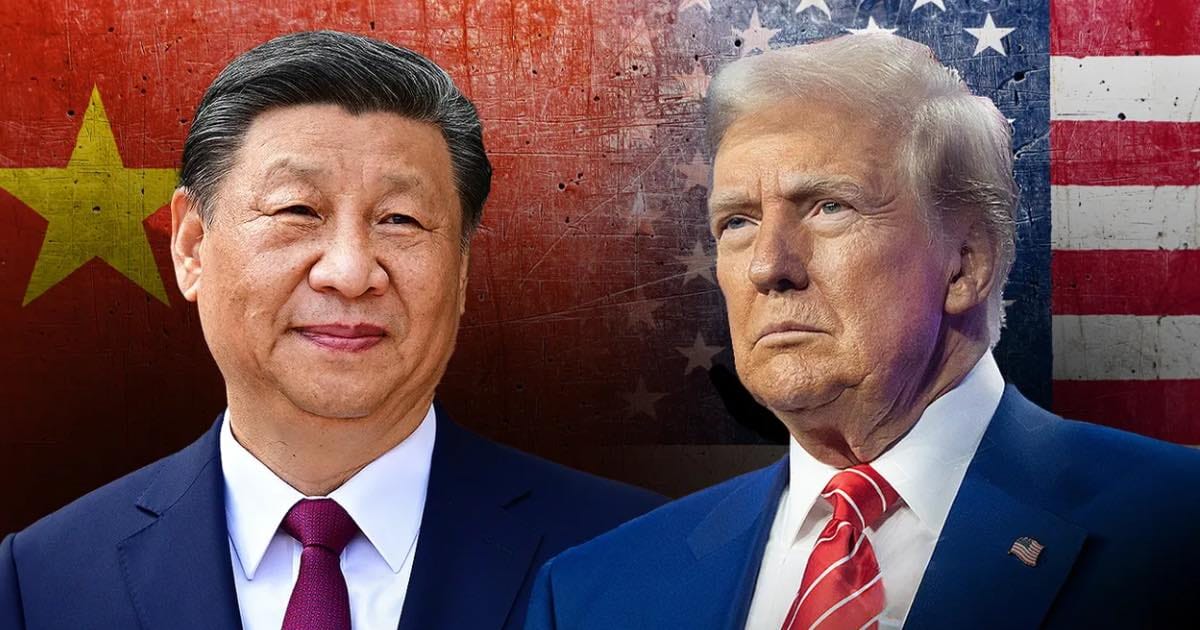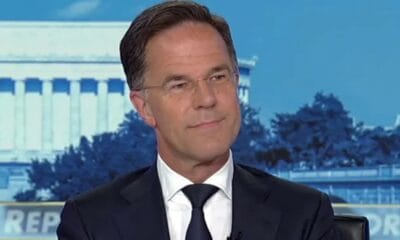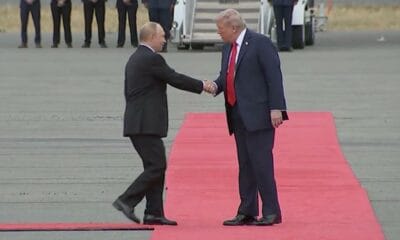china
Breaking: Trump Administration Reaches Major Tariff Deal With China in Geneva

In a significant breakthrough for global trade, the United States and China have agreed to dramatically reduce tariffs following high-level negotiations held in Geneva, Switzerland over the weekend.
The agreement, brokered by U.S. Treasury Secretary Scott Bessent and U.S. Trade Representative Ambassador Jamieson Greer, will see both nations slash reciprocal tariffs by a staggering 115%. U.S. tariffs on Chinese goods will drop from 145% to 30%, while China will reduce its duties on U.S. exports from 125% to 10%. The changes are scheduled to take effect Wednesday and will remain in place for a 90-day negotiation period.
“Throughout the trade process, we have had a plan,” said Secretary Bessent. “We have a process in place. And now with the Chinese, after this weekend, we have a mechanism for continued talks.”
Bessent emphasized that both nations are committed to avoiding economic decoupling—a concern that had grown as tariff levels soared. “What had occurred with these very high tariffs… was the equivalent of an embargo,” Bessent stated. “Neither side wants that. We do want trade—more balanced trade—and I think both sides are committed to achieving that.”
Bessent: Trump’s Strategy Forces China to the Table on Trade Talks
Greer confirmed that previous U.S. measures, including those tied to fentanyl enforcement, remain intact. But he added there’s new momentum on this front as well.
“Both the Chinese and the United States agreed to work constructively together on fentanyl, and there’s a positive path forward there,” he said.
The talks mark a strategic shift in the Biden-era trade landscape. According to Bessent, much of the trade imbalance with China “happened through neglect over the past four years,” referencing the inaction under the previous administration. He noted that the Trump administration is focused on restoring U.S. leverage by rebalancing critical supply chains and addressing long-ignored trade deficits.
“We would like to see China open to more U.S. goods,” Bessent said. “We expect… purchase agreements to pull what is our largest bilateral trade deficit into balance.”
Both Bessent and Greer described the negotiations as respectful and forward-looking.
“There was no sense of anxiety. There was a sense of moving forward… mutual respect… shared interests,” said Bessent.
Future rounds of trade negotiations may take place in the United States, China, or at a neutral third location, depending on diplomatic conditions.
This agreement is the clearest sign yet that the Trump administration’s hardline approach is delivering results—and reasserting U.S. economic leadership on the global stage.























